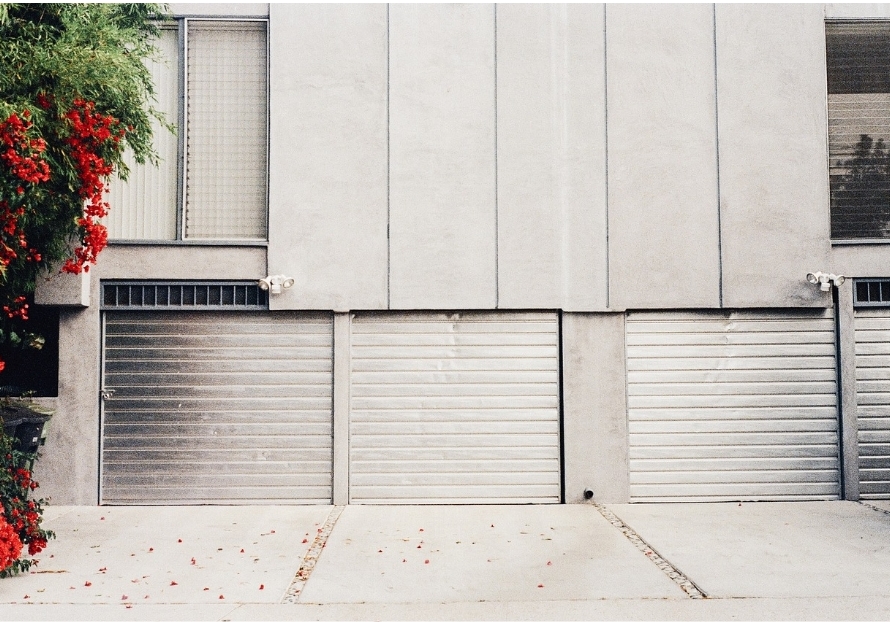What Causes Noise in Garage Doors and How Do You Fix It?
Are you battling with the horror-movie auditions your garage door seems to indulge in every day? Well, fret no more, for you are not alone in this. This short guide will demystify the scary sounds you encounter, revealing their root causes and the steps you can take to silence them. By the end of the guide, you will know when to put on your DIY cap and when to wave the white flag and call in the specialists.
The Crescendo of Cacophonies from Garage Doors
Undeniably, garage doors are some of the most frequently used pathways into the heart of our homes. The constant use means that they are bound to produce some degree of noise. However, distinguishing the normal from the abnormal sounds could be the key to sniffing out potential problems and their solutions.
The Rattle and Hum of Grinding or Squeaking
Common Culprits: The melody of grinding or squeaking often points an accusing finger at the lack of lubrication in parts such as rollers, hinges, and tracks, which lose their silky smoothness with time, resulting in undesirable friction and noise.
The Quick Fix: Regularly oiling these parts with silicone-based lubricant (to repel dirt) can quiet them down.
Preventive Measures: Scheduling a bi-annual maintenance check can ensure a smoothly operating garage door and stave off future noisy disruptions.
The Symphony of Rattling
Common Culprits: The percussion of rattling often arises from loose nuts, bolts, or other hardware. The everyday motion can cause these parts to slowly wiggle loose, leading to this disconcerting sound.
The Quick Fix: Give all accessible nuts and bolts a good tightening, starting with those on the door and tracks.
Preventive Measures: Make sure to regularly check and tighten the hardware to prolong the life and smooth operation of your garage door.
The Orchestra of Popping
Common Culprits: The popping sound, though alarming, often stems from temperature fluctuations, causing metal parts like the springs to expand and contract.
The Quick Fix: This is more of an irritation than a severe issue. However, if persistent, it’s wise to engage a professional to examine the springs.
Preventive Measures: Insulating your garage door can reduce these temperature-induced symphonies while enhancing energy efficiency.
The Opera of Screeching
Common Culprits: The high-pitched screech often signifies worn-out rollers or tracks, with metal rollers becoming especially noisy.
The Quick Fix: Swapping metal rollers with their nylon counterparts can dial down the screeching, given their quieter nature and low maintenance.
Preventive Measures: Inspecting the rollers every few years and considering upgrades can ensure a serene garage environment.
The Curtain Call for Professionals
Despite your best DIY efforts, some garage door issues might necessitate a professional touch. If your attempts at silencing the noise prove futile, or your door shows symptoms like uneven movement or improper closure, it’s time to summon the experts for garage door repair.
Expertise Advantage:
- Accurate Diagnosis: A professional can spot issues that might evade an untrained eye.
- Safety: Experts ensure safety when working on potentially hazardous parts like the springs.
- Long-Lasting Solutions: They provide durable fixes and offer preventive advice suitable for your garage door system.
Silencing the Ghost in the Machine
Taking on a noisy garage door doesn’t have to be a mammoth effort. By identifying the cause and applying the right remedies, you can ensure a smoother, quieter garage door operation. Remember, frequent maintenance is your best ally in preventing future snags. When in doubt, consulting a garage door expert can save you precious time, guaranteeing the safety and durability of your door system.





